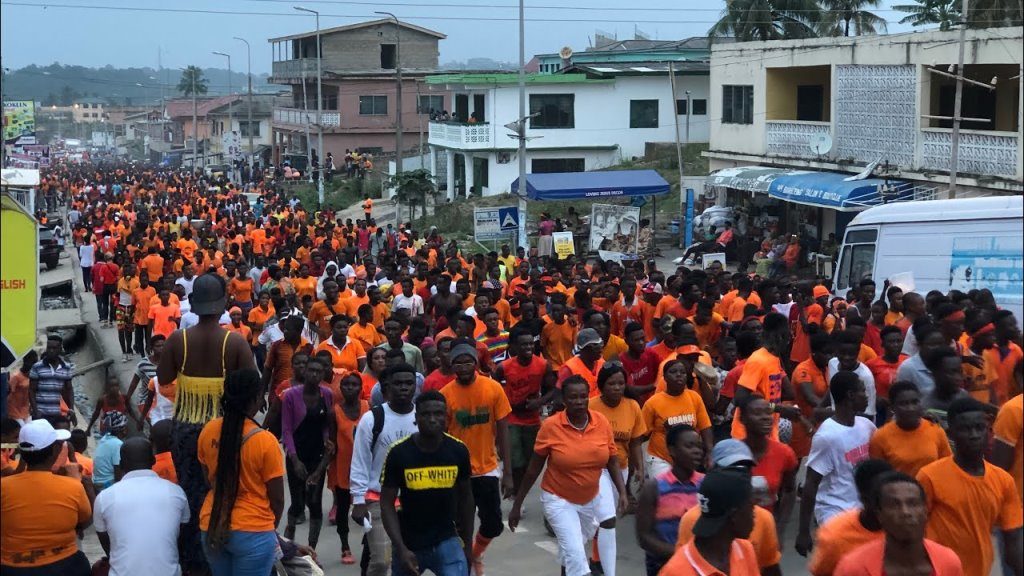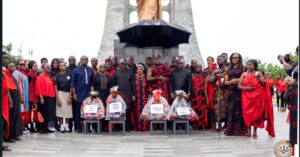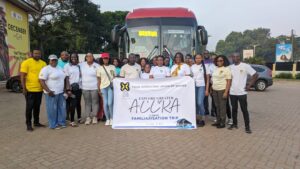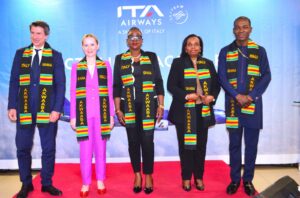Festivals in Ghana have always been a unique opportunity for people to get together, have fun and pay homage to forebears, gods and ancestors whose struggles led to the founding of a community , a bumper harvest and victories in conflicts.
This has been the long-held practice for most festivals, except for a few others which are solely focused on projecting the intangible traditions such as dance and costume of people in a particular community. On a normal day, festivals are expected to promote tourism on a scale that is incomparable with any event of their kind.
The large numbers that congregate around festivals should provide an opportunity for any serious-minded business person to make money from just the tourism aspect. It however appears most festivals in the country only serve as an occasion for merrymaking and uniting the community to the neglect of their touristic value.
I strongly believe that our tourism proposition lies heavily on our culture and heritage of which festivals are a very conspicuous part. Ghana is not big on mind-boggling safari experience or water sport adventure. We sell mixed tourism products with a little bit of this and a little bit of that; that notwithstanding, our culture stands out. That means it is crucial that we package these celebrations in ways that are attractive to the young, old and expatriates.
This is where branding comes in.
For me, branding is about visibility, appeal, aesthetics and raising one’s profile. It’s about putting your best foot forward in how you package and market whatever you have to offer. This applies to everything, including festivals. This means to maximize the tourism value of these occasions, we need to deliberately package it through modern branding mechanisms to enhance their attractiveness and patronage.
Again, a well branded festival will endeavour to change the face of these celebrations to one that imbibes modern trends to project venerable traditions that is acceptable by all regardless of where they find themselves on the age divide. In recent times just a few of these ceremonies are embracing the concept of branding. A case in point is the Orange Friday which has become an iconic part of the Oguaaa Fetu Afahye by the people of Cape Coast. Although the procession through the streets on Saturday when the festival is climaxed brings in the numbers, Orange Friday has over the years become arguably the most patronized and offers a real opportunity for businesses to market their brands.

The sight of thousands clad in orange apparel does not only increase the visual appeal of the festival but by the sheer numbers involved, the razzmatazz is added on to bankable proportions and offer another great opportunity for tourism practitioners to do some real business. Then there is Odwira Festival which is celebrated by the people of Akropong-Akuapim, Aburi, Larteh and Mamfi in the Eastern Region and whose ad campaign this year necessitated this piece.
I have lately been seeing billboards with the inscription “Unlimited Odwira 2019” in some areas of the country’s capital, Accra. I first sighted one at the Tetteh Quarshie Interchange, then another at the Abbosey Okai Roundabout. I was so impressed with organisers giving such visibility to the festival. Yes, we see billboards advertising, Homowo, Hogbestosto and the likes whenever they are due, but not quite like what the Odwira organisers are doing –advertising the event beyond the confinement where celebrations are held. Beyond all the advertisement, it is important that these festivals are well packaged and marketed in ways that do not just attract Ghanaians but people from all walks of life using modern tools of technology.
Wojo, the amazing group of talented young people who won this year’s edition of Destination Legon competition and was second runners-up at the maiden Youth in Tourism Innovation Summit in South Africa might have a solution to this. The group uses Artificial Intelligence (AI), Virtual Reality (VR) and related tools to bring the various Ghanaian dance experiences to consumers as a key tourism component. This can be done for festivals too.
For instance, there can be an “Odwira Festival” app that captures the sights and sounds of the celebrations which can be accessed by anyone who wishes to experience the festival from anywhere in the world. Virtual Reality tools play a vital role in augmenting the experience and capturing the imaginations of people who want to have a feel of these occasions. Social media also provide excellent platforms to increase awareness of these events especially in these times where visibility is much effective online.
A friend of mine was in the Northern Region a few years ago and had the opportunity to experience the Fire Festival (BugumChugu) by the Dagomba people. In as much as he was thrilled by the experience, he vowed not to ever attend the event again or even recommend it to any of his friends.
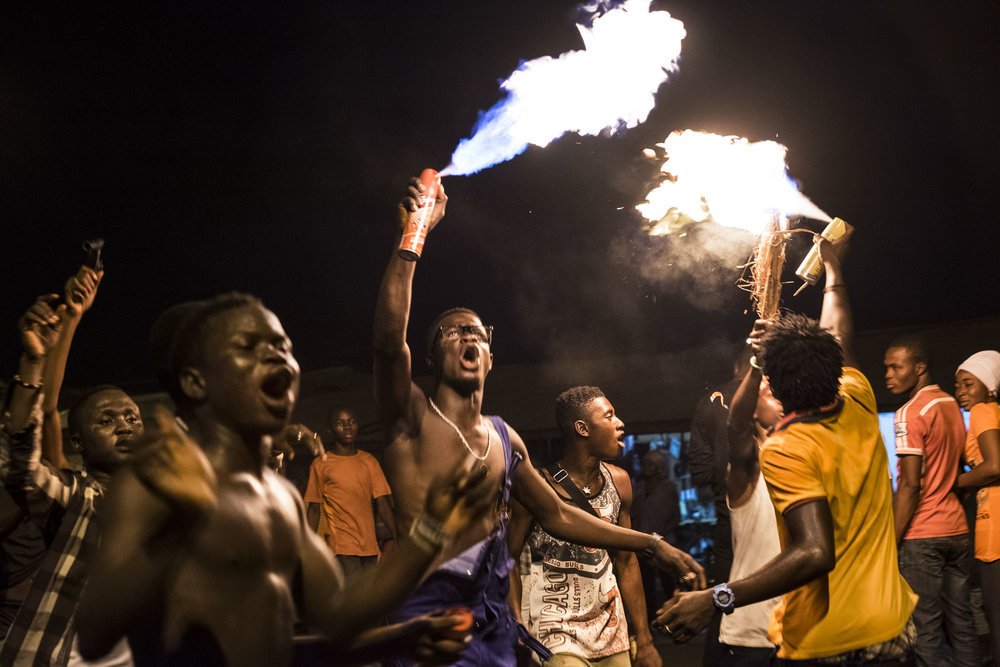
For him, it is too scary seeing men do all manner of stunts with hot blazing fire, sharp knives and machetes. However, the good news is, he never stops recounting his experience, although he doesn’t want to be physically part of it. For such individuals, it is important that the experience is packaged using the tools of technology to not only excite them but also sustain their interest.
There are myriads of festivals celebrated across the country all year round which usually peaks between July and November. As a people, it is important that we capitalize on the opportunities these events present and make the most out of it.
In this year of return, the diaspora should not only visit castles and places of historical importance that are poignant reminders of our inglorious past. They ought to also visit festivals which tell the story of their ancestral roots –and the Odwira festival, which is happening this week, is definitely a good place to start.
By: Samuel Obeng Appah


